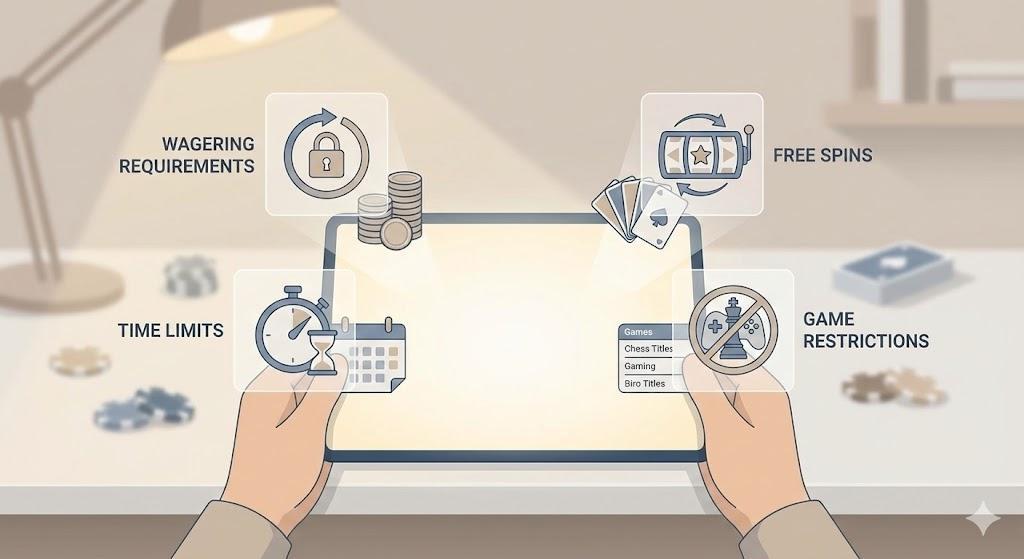Games played online that cost nothing but the time you invest in them now reach hundreds of millions worldwide. They gather players across generations, incomes, and cultures. From simple mobile puzzles played during a morning commute to clear your mind, to platforms like the coolest sweepstakes casinos 2025 that combine entertainment with prize opportunities, these free entertainment options no longer dwell at the margins – they define how people fill their time, connect with others, and challenge themselves.
Table of Contents
ToggleWhy Free Online Games Attract Millions
At the core of their worldwide attraction lies the fact that free online games remove financial aspects from the equation. Paying to have fun was what once kept gaming exclusive. Now, there is no need to buy a console, subscribe to a service, or invest in powerful hardware. With only a basic smartphone or web browser, anyone can join the race. This low entry point matters because it levels the field and allows people who used to be shut out by cost to access the same games as anyone else. Free games are now played in regions where high-end devices or paid platforms are rare, which was not the case only a decade ago. As a consequence, they have become more than entertainment. They became a doorway into digital participation. Moreover, this key feature these games offer – no money needed to start having fun – overlaps perfectly with how our brains react when something is offered without charge. Researchers call this the zero price effect: simply put, when an item is given for free, people stop considering whether it is actually worth anything and, if yes, how much. They simply take it and check it out. For game developers, this human reflex translates into enormous audiences they can earn from indirectly, whether through ads, cosmetic upgrades, or premium options. This way, mass access gets turned into real economic value.
Range of Genres and Experiences
Free online games cover a huge range, from brain-training puzzles to complex strategy battles and fast-action competitions. Each genre speaks to a different need: some players want to test their thinking, others seek excitement, and some are drawn in by the comfort of routine and mastery. What matters here is how easily people move between these experiences. Someone might squeeze in a few rounds of Candy Crush on a break, dive into Fortnite at night for high-stakes matches, or use Duolingo to build a daily language habit.
This flexibility keeps players in because they can match the game to their mood or purpose, not the other way around. The consequence is that free games don’t just fill idle time but actively define how players manage stress, pursue learning, or even meet their needs for social interaction.
More Than Play: Social Connection
Many online games are built around interaction. Within them, cooperation and competition happen with real people and that is how multiplayer formats turn gaming into a social space, whether through teamwork, rivalry, or shared achievements. While playing, learning or strategizing, people communicate through chats and forums. This forms connections. Strangers become teammates, acquaintances turn into friends, and players find a social outlet that crosses distance, language, and background. Recent research on the influence of online multiplayer games shows that these connections don’t just stay on the screen. Players build trust and teamwork, which strengthens emotional well-being and creates bonds they can rely on in daily life. This goes to say that what begins as play often turns into a meaningful source of belonging that helps people feel supported and less alone.
Educational Value and Skill Development
Alongside the social connections they build, free online games offer another layer of value: they help players develop mental agility and practical abilities. They do this by focusing on various aspects of knowledge and different mental skills. For example, some games focus directly on learning. They offer language practice, math challenges, or coding exercises. Others seemingly revolve around entertainment, yet how these challenge brain activity and strengthen thinking often goes unnoticed. Scientists have investigated this phenomenon deeply – learning skills useful in life while having fun online completely free of charge. By conducting studies on the effects of playing practice on cognition, they have proven that time spent in games that push players to make fast decisions, respond to changing conditions, and coordinate actions with precision improves mental flexibility, working memory, and problem-solving. What’s more, these gains do not stay limited to the screen. They help people juggle tasks at work, adjust when plans break down, and handle busy or stressful moments with more control. In times when multitasking and adaptability have become survival skills, free online games are among the most useful tools. Chosen well, they can relax and train you at the same time – much like a reputable school, only without the price tag.





